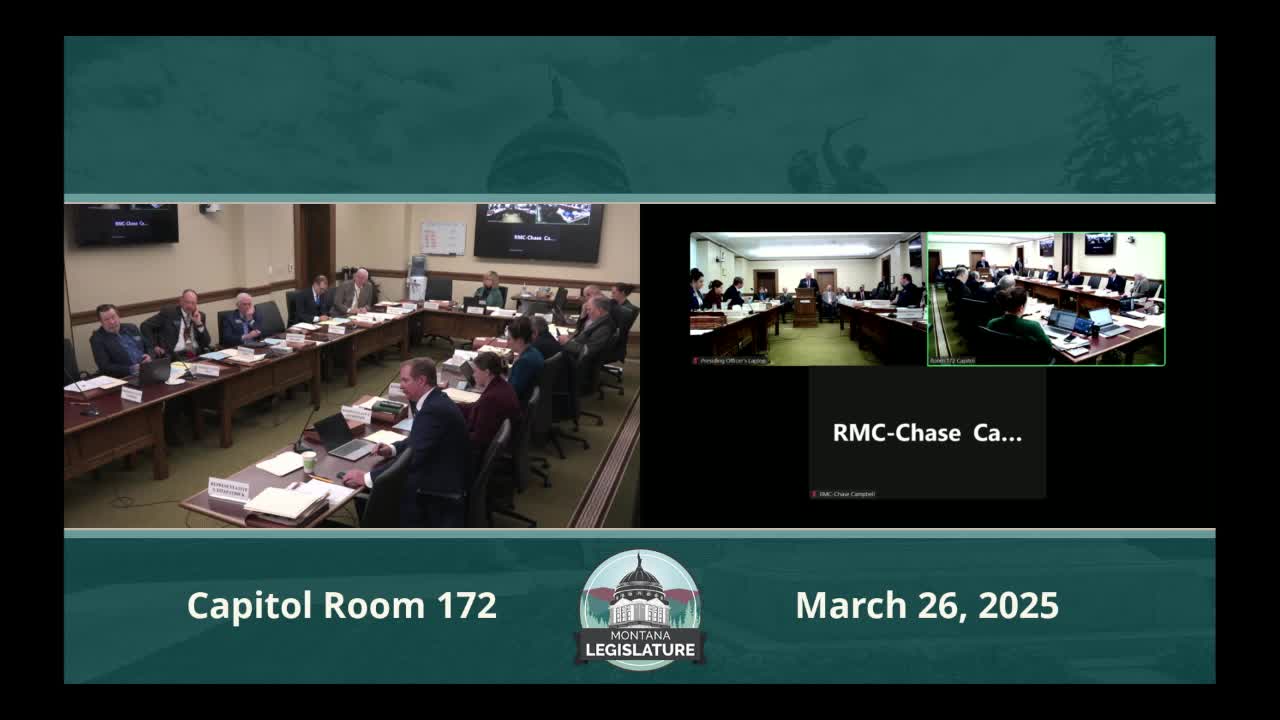Committee hears bill to allow businesses and collectors to pass credit‑card transaction fees to customers, capped at 3% with disclosure
Get AI-powered insights, summaries, and transcripts
Subscribe
Summary
Senate Bill 528 would permit landlords, merchants, vendors and debt collectors to add a credit‑card transaction fee not exceeding 3% if the charge is disclosed before the transaction; proponents said the change levels the playing field and helps small businesses and collection agencies recoup processing costs.
Senate Bill 528, introduced by Sen. Jeremy Trebis, would allow landlords, merchants, property managers, creditors and others to assess a credit‑card transaction fee of up to 3% of the transaction amount so long as the fee is clearly disclosed to the payer before the transaction. The House Business and Labor Committee heard proponents who said the cap and disclosure protect consumers while letting small businesses and collection agencies recover processing costs.
Why it matters: Proponents said certain businesses — notably small collection agencies and convenience‑store retailers — currently absorb card processing fees that can add up to sizable annual expenses. The bill’s supporters argued the statutory authorization would allow those businesses to accept more card types and recover the out‑of‑pocket cost while providing consumers the option to choose another payment method.
Brian Thompson, attorney for the Montana Collectors Association, said federal guidance from the Consumer Financial Protection Bureau requires either a state law or an explicit contract term to allow collection agencies to pass card fees to consumers. Thompson said the bill “provides broad consumer protection and levels the playing field” by capping fees at 3% and requiring disclosure.
Jennifer Whipple, president of Collection Bureau Services in Missoula, said her agency wants to offer card payment convenience for consumers but cannot reliably pass card fees to payers under current federal guidance without a state law. “We simply want to provide a service and convenience to our consumers who want that and they want to pay in that way,” Whipple said.
Brad Longcake of the Montana Petroleum Marketers and Convenience Store Association said convenience stores face large annual card‑processing bills; he told the committee an average convenience store pays roughly $130,000 a year in card fees and that a statutory cap would allow smaller merchants to recoup costs without charging excessive percentages.
Committee members asked how the bill would treat debit cards and online payments, and whether businesses could always impose the full 3% irrespective of the card’s actual interchange charge. Witnesses said the bill applies to credit cards; debit cards use different processing and were not covered in the bill language. Thompson and other proponents said the 3% cap was chosen because actual interchange rates vary by card brand and merchant agreements, and a uniform cap is easier to administer than a card‑by‑card accounting of exact interchange costs.
The hearing closed with no opponents in the room and no committee vote recorded.
